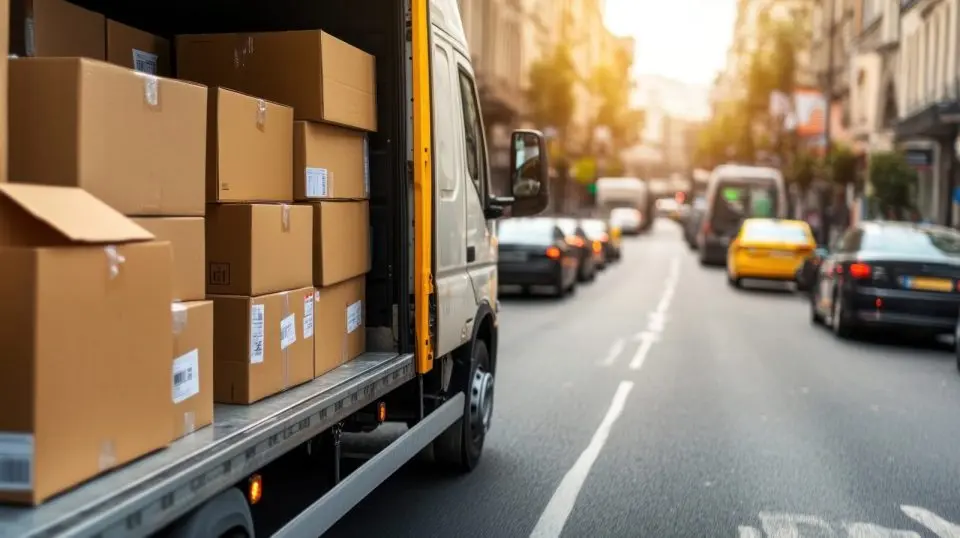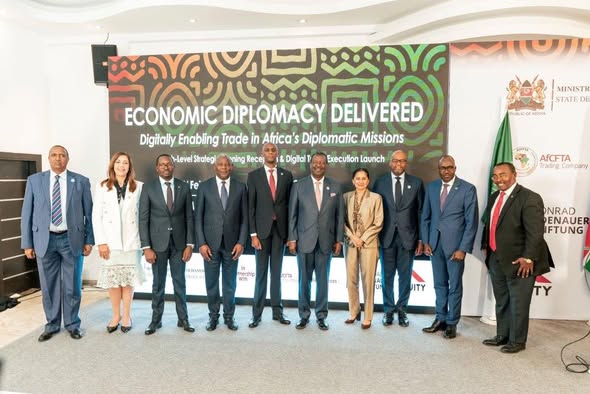Logistics for All: A Major Territorial Challenge

The rise of e-commerce has highlighted inequalities in access to delivery services depending on the region. Whether in cities or rural areas, it is crucial to guarantee local logistics to ensure fairness and development for all citizens.
A Growing “Logistics Divide”
While e-commerce enables essential goods (groceries, medicines, etc.) to be delivered directly to households, this expansion is not uniform. Large cities often face congestion and pollution linked to transport, while smaller towns and rural areas are progressively losing delivery services.
This disparity is giving rise to a “silent logistics divide.” The removal of pick-up points and the closure of local shops limit access to e-commerce, making it harder for families, artisans, and businesses to obtain essential goods. This translates into lower service quality and greater constraints for residents in underserved areas.
Tailored Solutions for Each Context
To address these inequalities, logistics solutions must be adapted to the specific needs of each territory. Possible initiatives include:
- Parcel lockers.
- Urban micro-depots to centralize flows.
- Shared hubs to consolidate deliveries.
- Cycle logistics for eco-friendly urban deliveries.
These shared infrastructures help better organize the transport of goods, reduce unnecessary trips, and ensure continuous service, even in low-density areas.
Logistics as a Lever for Territorial Development
An increasing number of local authorities are integrating logistics into their urban and regional planning strategies. More than just a delivery issue, these infrastructures are seen as tools for resilience, attractiveness, and social cohesion. The “last mile” has become a strategic challenge for creating smarter, more connected territories—whether they are “smart cities” or “smart villages.”





